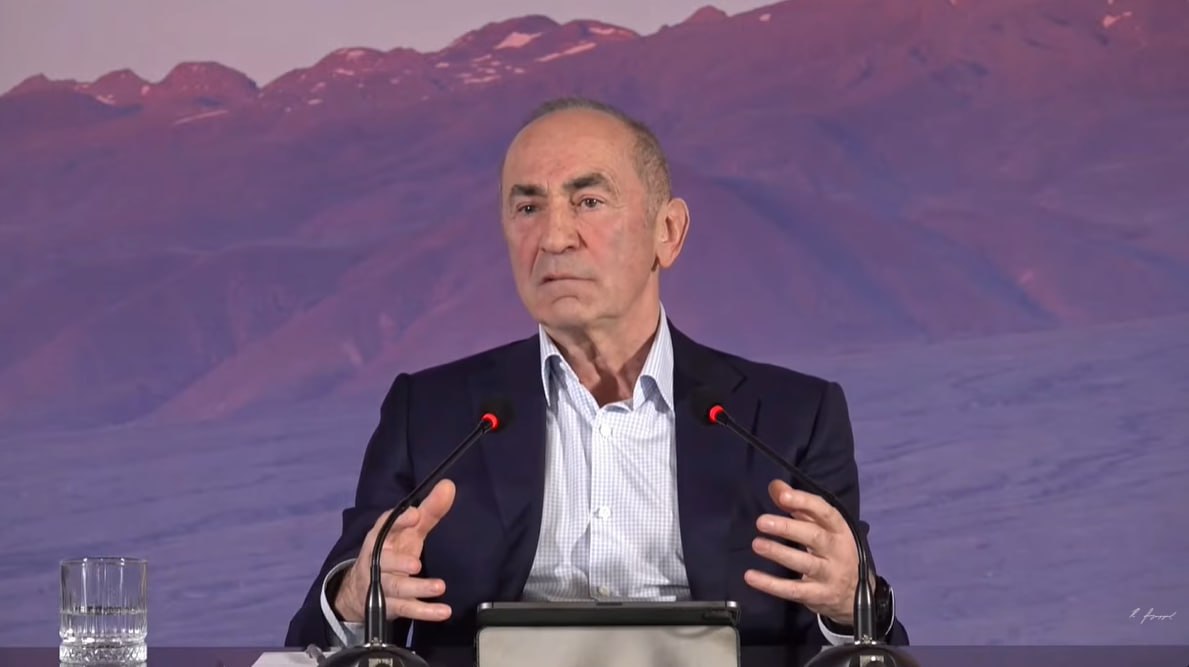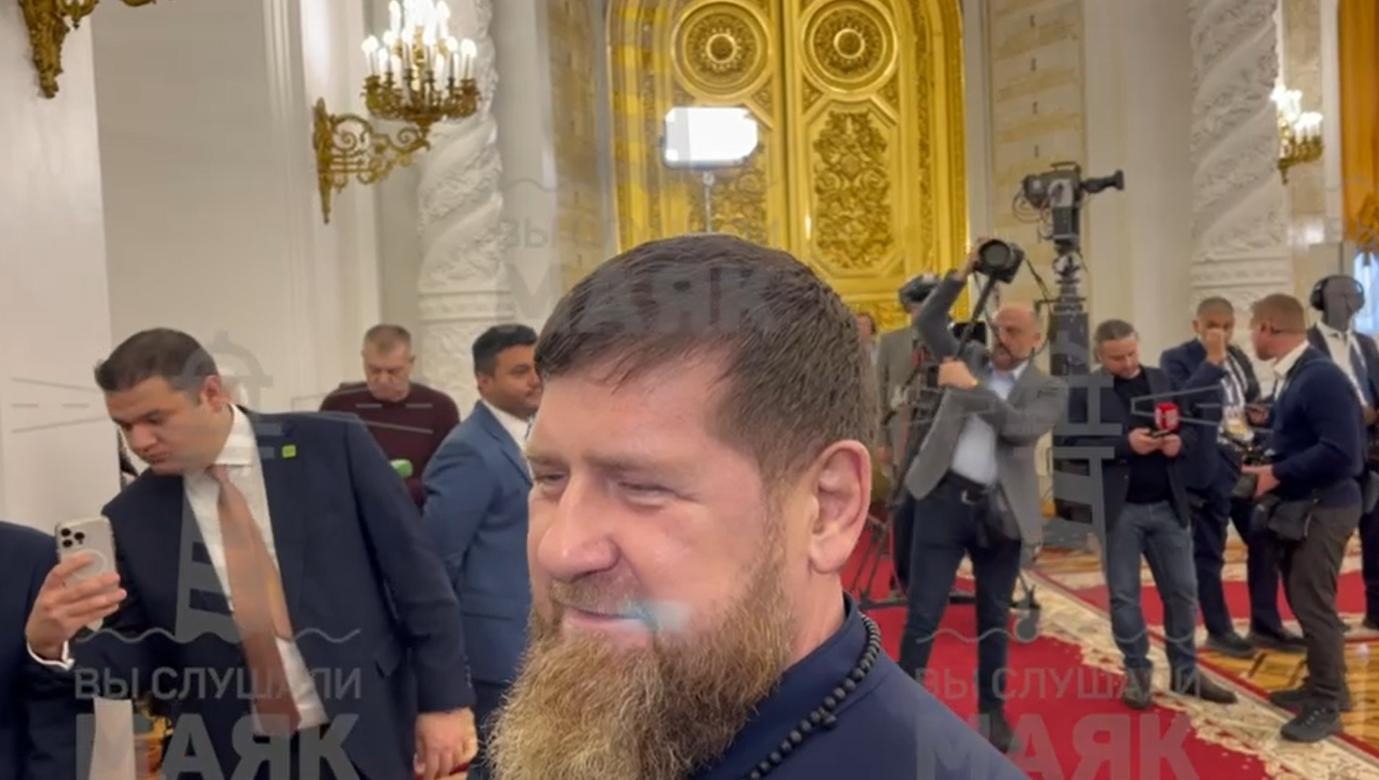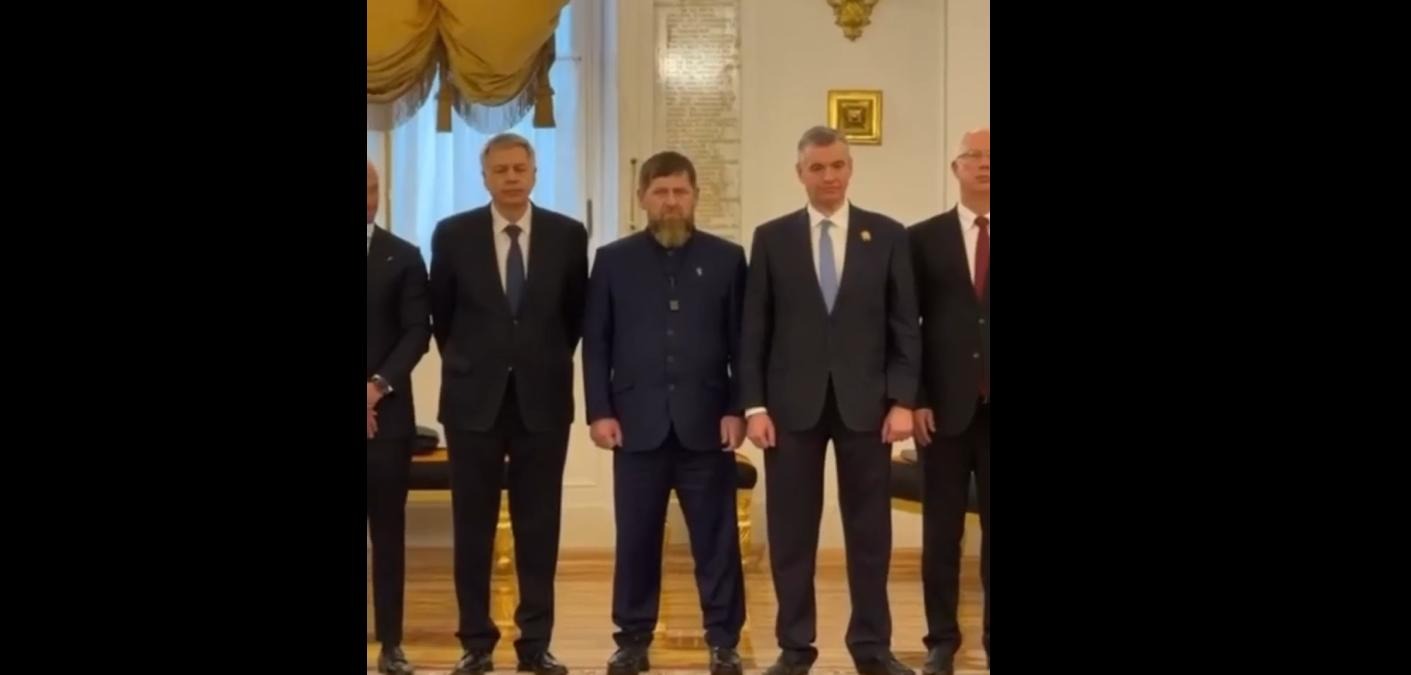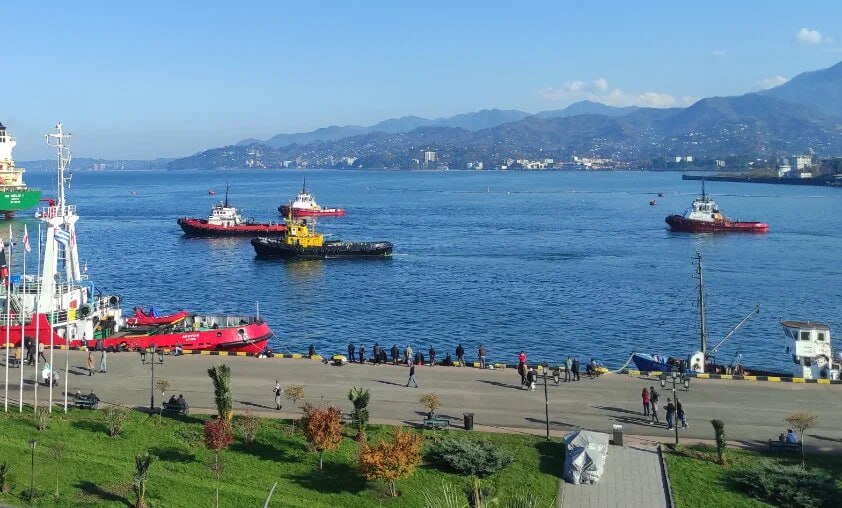Former Armenian President Robert Kocharyan warned against the current government's flippant attitude toward possible harsh responses from Moscow. He believes the authorities fail to grasp the scale of the potential impact Russia could have, including tariff revisions and export blockages.
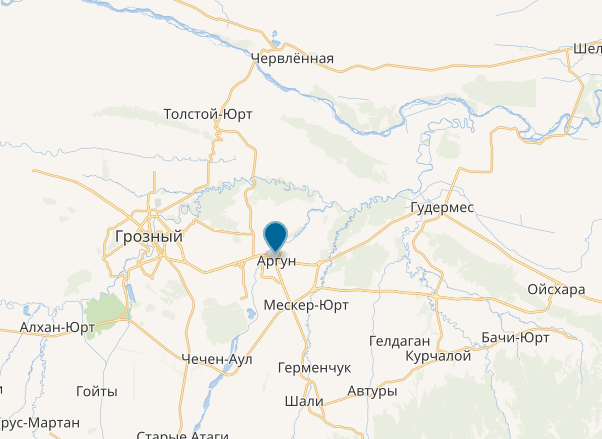
September 20, 2001
***
The head of the Kurchaloevsky District Department of Internal Affairs, Salman Abuev, born in 1962, resident of the village of Alleroi, was killed. He, his younger brother, and two fellow villagers were returning home in the evening when, in the vicinity of the village of Mayrtup, at the turn to the village of Dzhugurty, their car was unexpectedly fired upon by unknown people in masks. The fire was fired at close range from automatic weapons.
Salman Abuev fired several retaliatory shots from his service pistol, wounding or killing one of the attackers, but he himself died. Having shot the car with a machine gun, the unknown persons fired a control shot at everyone who was in it.
Two or three minutes later, officers from the Kurchaloevsky police department arrived at the scene of the shooting. They were also shot.
According to available information, a tractor and another car soon appeared on the road. The killers ordered the people in them with signs to turn around. They left the crime scene in two cars, a VAZ-21099 and a VAZ2106, that were left nearby (according to other sources, there were actually two cars, but one of them was a white Niva).
During the first war (1994–1996), Salman Abuev was a colonel in the VF of the ChRI. During the second campaign, he did not participate in hostilities and did not take any active position for a long time. The August “cleansing” in Alleroy changed everything. During this operation, many of his fellow villagers were injured, after which he agreed to take the position of head of the district police. In this post, the former separatist commander behaved independently and showed everyone - both the militants and the “federals” - that he intended to establish order in the territory under his jurisdiction. So, he wanted to move the temporary detention center from the territory of the military commandant’s office to where it was supposed to be by law - to the police department. He insisted that the checkpoint between the villages of Kurchala and the village of Mayrtup, known for its bribery, be eliminated. Just before his death, as residents of Alleroi say, he had a public quarrel with the head of the district FSB Directorate. Salman Abuev told him that he would not allow bullying of civilians, promising to contact FSB Chairman Nikolai Patrushev directly if necessary.
In the ambush set on him, his brother Ayub Abuev, born in 1983, as well as fellow villagers and policemen: Sultan Temirbulatov, born in 1968, Sultan Usmanov, born in 1980, and Yusup Darshaev, born in 1973, died. , all were residents of the village of Alleroy; Amkhad Abdurakhmanov, born in 1969, lived on A. Sheripov Street in Kurchaloy and Muslim Akbulatov from the village of Mayrtup.
During the funeral of Salman Abuev, military personnel at a post near the village of Alleroy arbitrarily blocked the road, not allowing people who were in a hurry to express condolences to pass, and not allowing those who had already done so to return home. Moreover, they did not provide any explanation for their actions. At first they stopped letting vehicles through, and when people went to the funeral on foot, the checkpoint stopped functioning altogether.
***
At about 6 o'clock, Murat Musaevich Mutaev, born in 1979, was captured in his house located in the city of Argun at the address: Kalinina St., 25. First of all, the military men who burst into the room lifted him out of bed, pulled a T-shirt over his head and, without allowing him to get dressed, took him barefoot to an armored personnel carrier standing on the street. Then, using a mine detector, they searched the living quarters, outbuildings in the yard, as well as the garden, declaring that they were allegedly looking for weapons hidden by him. These searches, however, ended in nothing. Taking Mutaev with them, the military drove towards the city commandant’s office.
Almost immediately after this, relatives and friends of Murat Mutaev gathered near the building of the city department of internal affairs. The leaders of the Argun police flatly refused to acknowledge the fact of his capture by their subordinates, but did not deny that this could have been done by the Russian military from the nearby commandant’s office. One of the policemen even offered to “set the table for him” if he facilitated his release.
While the relatives were holding “negotiations” with the police officers, the military took Murat Mutaev to the military unit near the flour mill, and from there to a destroyed brick building on the territory of a former pig farm. Here the young man was pulled out of the armored personnel carrier, and at that moment one of the military from above, from the armor, hit him with the butt of a machine gun. The blow was so strong that it forced Mutaev to sit down on the ground. Then the military dragged him into the building and began beating him there.
Murat Mutaev involuntarily turned away from the blows. As he later told his relatives, through the T-shirt it was still possible to discern what was happening around him. The military noticed this. One of them shouted: “He sees everything!”, after which he was tightly blindfolded over his T-shirt. Then, they passed some kind of pipe through the handcuffs with which their hands were shackled and pulled it up.
The young man later said that he was stabbed in the back in the kidney area, with some cold object placed on this place. The pain radiated throughout the body, but there were no bruises left. During the beating, they asked him about the militants and demanded that he tell where the weapons were hidden. When he said that he knew nothing of what he was being asked about, he was subjected to electric shock. This was done as follows. The military tied one wire to the handcuffs and put the other on his big toe. Then they began to twist something. After the first shock, Murat Mutaev managed to rip it off his finger by stepping on the wire with his other foot. The military put it on again, swearing and beating, and twisted the wire with pliers. Moreover, having declared that “now you will speak,” they pulled what the young man believes to be a rubber helmet with wires connected to it over his head.
When the current was turned on, Murat Mutaev almost immediately lost consciousness from terrible pain. The military brought him to his senses and repeated the torture. He lost consciousness again. This continued several times until, after the next discharge, a thick stream of blood came out of his nose.
Arriving once again, Murat Mutaev heard the military discussing where to take him - to Khankala or Dzhalka. One of them said decisively: “To Jalka!” According to the description of the young man, he had a deep voice with a clear accent. They quickly removed the handcuffs from the detainee, tied his wrists tightly with wire and, putting him, or rather throwing him, into the trunk of a Zhiguli car, they drove, as it later turned out, towards the city of Gudermes. Before reaching it, outside the village of Dzhalka, near the Shovda restaurant destroyed during the fighting, the car in the trunk of which was Murat Mutaev, and the second one accompanying him, turned towards the forest belt.
Here he was pulled out, laid on the ground, after which a mock execution took place. One of the soldiers, shouting that he had never killed militants, clicked the shutter of his machine gun. Another, declaring that “now may your Allah help you,” leaned over the young man and ran the back of the knife across his throat three times. The intimidation did not last very long and ended after the military man, who spoke Russian with an accent, told his colleagues that they would have time to deal with him later. Without saying anything else, they walked to the cars. Murat Mutaev, realizing that they would not kill him, became bolder and shouted after them: “Hands, hands...” There was silence, and then one of the military men ran up to him and untwisted the wire. After the torturers left, Mutaev could not remove the bandage around his eyes for a long time with his numb hands.
After some time, the young man went out onto the highway, got his bearings there and tried to stop the car. There was almost no traffic on the road: on that day the Russian military carried out Operation Stop the Wheels! and vehicles were practically not allowed through checkpoints. One of the cars that did appear there went around Mutaev. After some time, women appeared on the highway. At first they backed away in fear, but then they still approached him. It turned out that they were frightened by the sight of a bloodied man, who was also almost naked.
The women helped stop the RAF minibus, and together with one of them Murat Mutaev went to Dzhalka. He explained to his fellow travelers that his aunt, his father’s sister, lived in this village. However, she was not at home. The young man was sheltered by a relative's neighbors. They gave him the opportunity to wash, gave him clothes and reported what had happened to the head of the local administration, the heads of the local state farm and the police. They sent people to Argun.
When his father, Musa Mutaev, and other members of his family arrived from there, police officers and village leaders had already gathered in the yard. The head of the administration of Dzhalki, seeing the relatives of the released young man, immediately said indignantly: “I’m tired of your people (that is, the residents of Argun) being dumped around Dzhalki. We have already buried 44 corpses...” Then he added more softly: “I don’t know how he survived.”
That evening he was taken home to Argun. Local and Russian police officers seconded to Dzhalka agreed to escort them through the checkpoints, which were closed. On the way, they examined the place where the young man was thrown by the kidnappers. Already in the dark they looked for the passport, but never found it. Murat Mutaev had to re-submit documents to the PVS.
From the book “People Live Here”, Usam Baysaev, Dmitry Grushkin, 2006.
